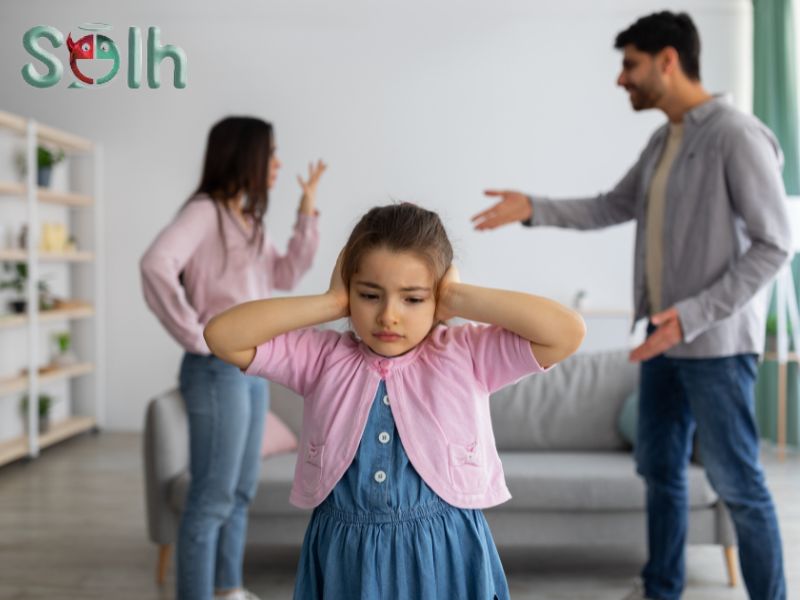The postpartum phase, the postnatal period, is critical for new moms to acclimate to their new role as caregivers. This time typically lasts for the first 6 weeks following delivery. It can be difficult for new mothers since they go through physical and emotional changes that make them sensitive to mental health concerns.
This blog article will explore postpartum mental health difficulties and how families and society can support new mothers.
Mental Health Issues
- Many new moms experience mood disturbances during the postnatal period, with approximately 85% of women experiencing moderate and transient symptoms.
- 10 to 15% of women may experience severe depression, anxiety, or other mental health issues such as post-traumatic stress disorder (PTSD), adjustment disorders, and postpartum psychosis.
- Postpartum depression (PPD) is new mothers' most prevalent mental health issue, with symptoms including chronic sorrow, anxiety, irritability, and difficulty sleeping or focusing.
- Postpartum anxiety is another common mental health issue, manifesting as excessive worry or fear, racing thoughts, and may exhibit other physical symptoms such as heart palpitations or shortness of breath.
- Postpartum blues, sometimes known as "baby blues," is a common and transient disease that affects many new moms, causing mood changes, tearfulness, exhaustion, and difficulties sleeping.
How can families and society support?
Families can be crucial in supporting new mothers during this challenging time.
- Practical help can be significant support, such as cooking, cleaning, and caring for older siblings or pets.
- Offering emotional support, listening to new mothers' concerns, encouraging self-care, and helping with breastfeeding can make a considerable difference in supporting new mothers.
- Society can also play a role in reducing stigmas around mental health issues, including postpartum depression and anxiety, and encourage open dialogue and acceptance of these conditions.
Postpartum self-care recommendations for mothers
Postpartum self-care is crucial for new mothers to recover and adapt to their new roles.
- New mothers should prioritize rest, hydration, and a healthy diet.
- They should also accept help, Don't hesitate to ask for and get help from family and friends with tasks such as cooking and cleaning.
- Take care of their mental health; if you have postpartum mental health concerns, seek help from a mental health expert.
- Consult your healthcare physician about safe exercise options for postpartum healing and mood enhancement.
- Take time to bond with your infant by making skin-to-skin contact, talking, and cuddling.
Treatment for Postpartum Disorders
Counseling: Talk therapy or counseling can be a useful treatment option for postpartum depression, anxiety, and other mood disorders. It can assist mothers in processing their emotions and developing coping mechanisms.
Medication: To help control the symptoms of postpartum disorders, antidepressants, and anti-anxiety drugs may be recommended. These medications may be safe for breastfeeding mothers, but talking to your doctor about the risks and benefits is essential.
Support groups: Support groups can help mothers connect with others going through similar experiences in a safe and friendly setting. Join Solh Wellness's MomMeTime support group, hosting a month-long campaign emphasizing a mother's mental health.
Self-care: Self-care practices such as exercise, healthy eating, and getting enough rest can help improve mood and reduce symptoms.
In conclusion, the postpartum period can become a challenging time for new mothers, and having the support of family members and society can be crucial to their physical and emotional well-being. New mothers should also prioritize self-care and seek help if they're experiencing postpartum mental health issues. We can promote healthy outcomes for mothers and their babies by supporting new mothers during the postnatal period.
In this month of May, We are excited to announce a new 'Solh Fiesta' campaign to celebrate 'Mother's Day' by prioritizing women's mental health and well-being. Throughout May, we'll host daily mindfulness exercises, expert sessions on mental health and parenting, and fun contests, followed by a grand finale on 31st May, hosting numerous experts.



